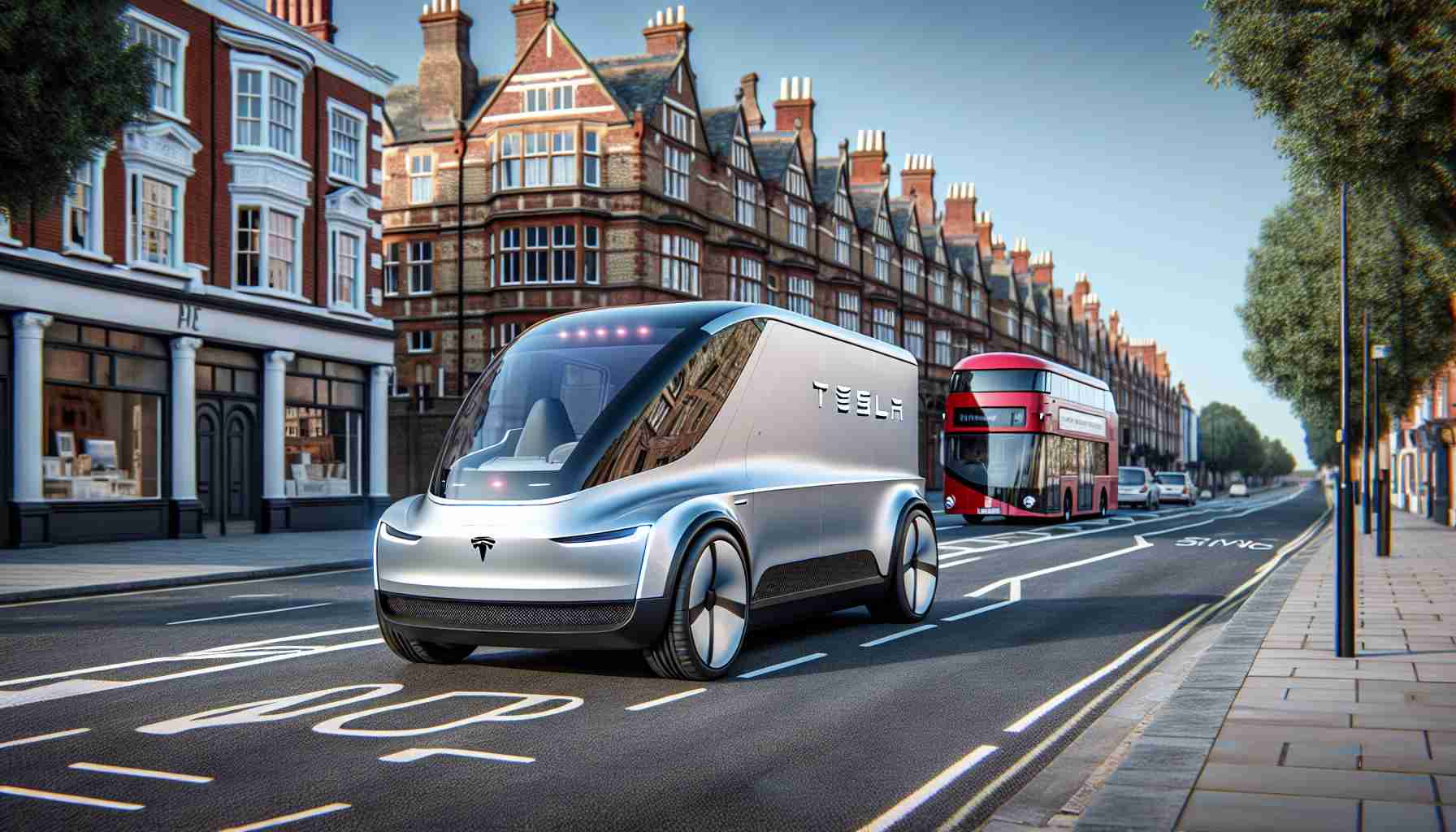General Motors and LG Energy Solution Form Groundbreaking Partnership
In a significant shake-up in the automotive sphere, General Motors (GM) has teamed up with LG Energy Solution to enhance its electric vehicle (EV) battery supply chain. This partnership is poised to set the stage for a sustainable and innovative future, focusing on clean energy solutions.
At the core of this collaboration is the creation of Ultium Cells LLC, a joint venture dedicated to producing advanced battery technology. The duo plans to invest a staggering $2.3 billion in a new manufacturing facility in Spring Hill, Tennessee. Not only will this project solidify GM’s battery supply, but it is also expected to generate over 1,300 jobs, making it a key player in North America’s EV battery landscape.
Mary Barra, GM’s CEO, has underscored the company’s commitment to an all-electric future, indicating that this partnership with LG Energy Solution will accelerate the transition to more efficient transportation options. GM aims to ramp up its production capacity to over 1 million electric vehicles by 2025, in alignment with rising consumer demand.
This partnership is not just a business venture; it represents a larger commitment to environmental sustainability. With the increasing shift towards electric vehicles, GM and LG are helping to combat climate change while fostering economic growth in local communities. As the automotive industry evolves, this alliance is set to redefine manufacturing and contribute to a healthier planet for future generations.
Implications of the General Motors and LG Energy Solution Partnership
The partnership between General Motors (GM) and LG Energy Solution heralds a transformative era in the automotive industry, influencing not just transportation but also broader societal and economic structures. As the world moves towards electrification, this collaboration underscores a vital shift in supply chain dynamics, aiming to reduce dependencies on foreign resources and bolster domestic manufacturing in the United States.
More than just a localized initiative, this joint venture signals a significant shift in the global economy, as nations increasingly prioritize energy independence and sustainability. The establishment of Ultium Cells LLC aligns with growing regulatory pressures to reduce carbon emissions, pushing the automotive sector towards cleaner alternatives. Achieving a robust EV supply chain could set new benchmarks for other industries, demonstrating how strategic partnerships can efficiently meet environmental goals while supporting economic growth.
The environmental ramifications are considerable. Electric vehicles are integral in reducing greenhouse gas emissions, but the sustainability of battery production itself poses challenges, particularly regarding resource mining and waste management. By focusing on innovative battery technologies and cleaner manufacturing processes, GM and LG could lead the way in achieving more sustainable practices, potentially influencing global standards.
Moreover, as electric vehicle adoption accelerates, we can anticipate a ripple effect across various sectors, from energy production to public infrastructure, necessitating a rethinking of existing paradigms. Thus, the long-term significance of this partnership may extend far beyond the automotive industry, fostering a collaborative spirit that could lead to comprehensive solutions for a more sustainable future.
Revolutionizing the Future of Electric Vehicles: GM and LG Energy’s Strategic Partnership
General Motors and LG Energy Solution Form Groundbreaking Partnership
In a transformative move within the automotive industry, General Motors (GM) has established a pivotal partnership with LG Energy Solution, aligning their resources to bolster the electric vehicle (EV) battery supply chain. This collaboration not only promises advancements in technology but also underscores a deep commitment to sustainability and economic growth.
Overview of the Partnership
At the heart of this alliance is Ultium Cells LLC, a joint venture specifically designed to harness advanced battery technology. This venture will see an investment of $2.3 billion into a cutting-edge manufacturing facility situated in Spring Hill, Tennessee. Expected to create over 1,300 local jobs, this initiative is poised to be a cornerstone of North America’s EV battery production.
Key Features and Innovations
1. Advanced Battery Technology: The facility will focus on producing GM’s proprietary Ultium battery cells, which are integral to their upcoming EV models.
2. Sustainability Focus: The partnership aims to create batteries that are not only high-performing but are also produced with minimal environmental impact.
3. Job Creation: The project will significantly contribute to local economies by generating over a thousand jobs, enhancing workforce skills in the clean energy sector.
Market Insights and Trends
The demand for electric vehicles is anticipated to surge, with GM targeting a production capacity exceeding 1 million electric vehicles by 2025. This ambitious goal is in response to a global shift toward sustainable transportation solutions driven by both consumer preferences and regulatory pressures.
Pros and Cons
Pros:
– Significant investment in clean energy technology.
– Stimulation of local economies through job creation.
– Alignment with consumer demand for sustainable products.
Cons:
– The dependence on battery technology might pose risks if alternative technologies emerge.
– Initial costs of establishing new manufacturing facilities may impact short-term financials.
Environmental Commitment
The collaboration is not merely a business arrangement; it represents a crucial step towards addressing climate change. By focusing on electric vehicle production, GM and LG Energy are investing in solutions that reduce carbon emissions and promote a sustainable future.
Future Predictions
Industry analysts expect that this partnership will set a benchmark for future collaborations in the automotive sector. As major players like GM commit to electrification, we can foresee a shift in manufacturing practices, supply chain logistics, and customer engagement strategies within the market.
Conclusion
The partnership between GM and LG Energy Solution marks a significant evolution in the automotive landscape, particularly in the context of electric vehicle production and sustainable practices. By prioritizing advanced battery technology and job creation, this alliance not only promises to enhance GM’s market position but also contributes meaningfully to environmental sustainability.
For more insights on automotive innovations, visit GM’s official website.

















